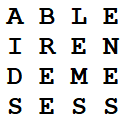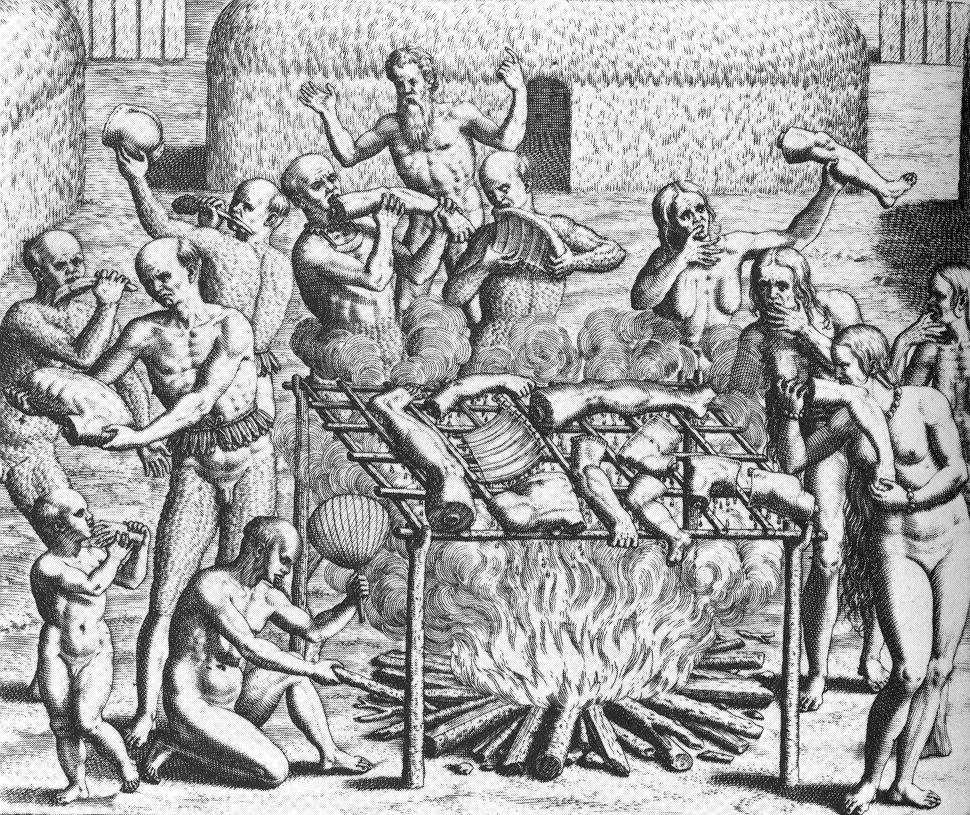anamnesis
n. the recalling of things past; recollection, reminiscence
alogism
n. an illogical or irrational statement or notion
eutaxy
n. good order or management
satisdiction
n. saying enough
In “The Adventure of the Six Napoleons,” a hotel manager successfully finds a man’s name in his ledger at Sherlock Holmes’ request even though he knows only the first name.
“I should like to have seen the index to that pay-list,” remarked the Holmes commentator James Edward Holroyd. “How do you enter the name of a man who has no surname? As Beppo ‘X’?”
Possibly the manager used the same indexing system as Holmes himself, who in “The Sussex Vampire” looks up the forger Victor Lynch under V in his record of old cases. “Good old index,” he tells Watson. “You can’t beat it.”



